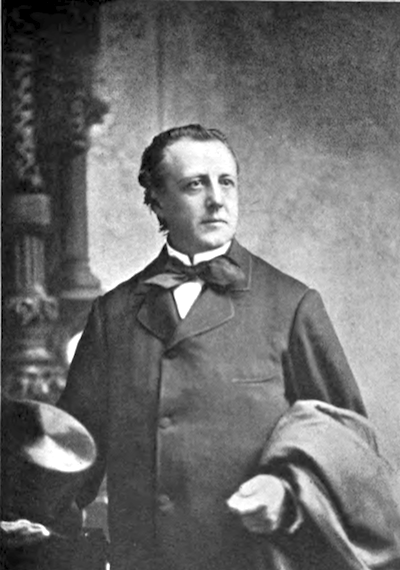I’ve been getting calls from an outfit that calls itself the Civil Procedure Division. I finally too the trouble to Google them. They’re a scam. I’m not sure what they expected me to do, since the scam works like this:
Civil Procedure Divison employee:
I’m calling from the Civil Procedure Division. We have documents to deliver for [a relative]. Will [relative] be available to accept these documents tomorrow between the hours of 10 and 4?
The first sign that this is a scam is that when you ask for any sort of clarifying information, they hang up on you. The first time I simply denied any ability to accept documents on behalf the named relative. Then they called back, so I tried to dig for information. If you’re nice, they don’t always hang up on you immediately.
I did get a return phone number of 855–778–5234. That doesn’t give me any idea of where they are. Damn. After giving me the number, the woman hung up on me.
I tried again. No dice. Finally, I heard her say, “do not ever call this number again” before she hung up on me. Well, it’s not like they would oblige if I said that, so I had no qualms about trying again. And they hung up on me on the second ring.
I was patient. I called and in a meek voice explained I needed to deliver some legal documents to them, and I asked for an address. I got the “almost” address of a Post Office in Orlando, Florida.
1703 West Wetherbee Road,
Suite 772590
Orlando, Florida, 32877
Now, 1701 West Wetherbee is a Post Office. In other words, they’re Box 2590 at that Post Office.
I’ve contacted the Florida Attorney General and the U.S. Postal Service, reporting attempted fraud in both cases. I’m hoping after today they stay off my back.
You can follow my blog on Twitter (
@impofthediverse) or on
Facebook.
You can follow my blog on Twitter (
@impofthediverse) or on
Facebook. If you like this post, share it with your friends. If you have a comment just for me, e-mail me at
impofthediverse@gmail.com.
This blog runs solely on ego! Follow this blog! Comment on this post! Let me know that you want to read more of it!















































